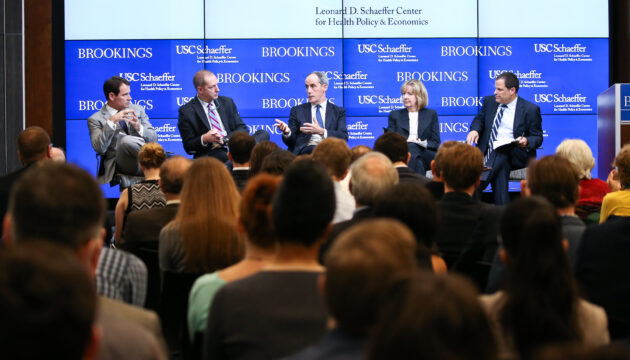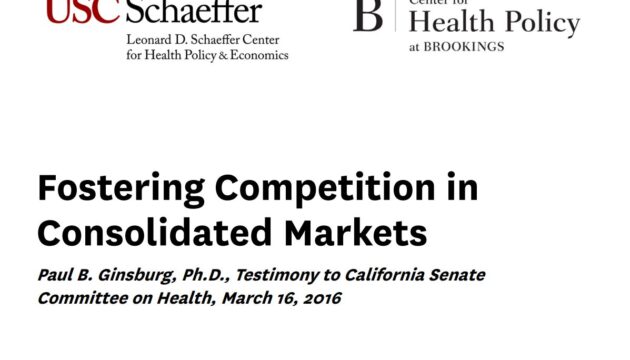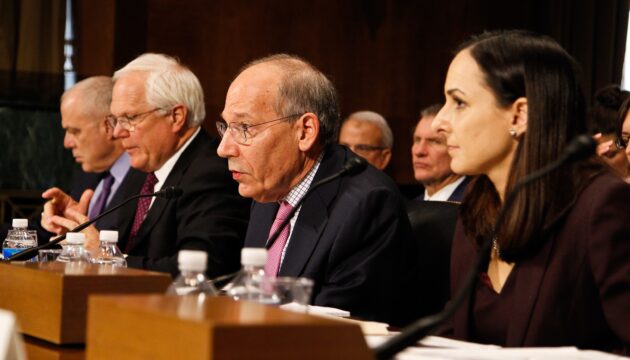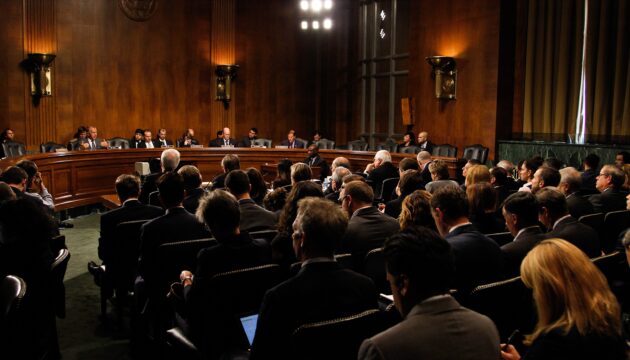Insurance and Provider Markets
Our work in Insurance and Provider Markets
-
Protecting Patients from Surprise Medical Bills
Every year, millions of Americans are surprised to receive staggering medical bills after emergency or routine care from a provider they had no idea was outside of their insurers’ network—and often had no control in choosing. While one study in New York of large surprise bills for emergency care found that patients were billed over […]
Categorized in -
Fostering Competition in Consolidated Markets
Paul Ginsburg testified before the California Senate Committee on Health, focusing on implications and complexities of provider competition.
Categorized in -
Disentangling Moral Hazard and Adverse Selection in Private Health Insurance
The researchers used claims data from a large firm to isolate moral hazard from private health insurance market plan selection and found that an estimated 53% of additional medical spending observed in the most generous plan in our data relative to the least generous is due to moral hazard, and the remainder can be attributed to adverse selection.
Categorized in -
Explaining the Growth in US Health Care Spending Using State-Level Variation in Income, Insurance, and Provider Market Dynamics
In this study examining the Great Recession’s likely reduction in health care spending and projecting the Affordable Care Act’s insurance expansion’s likely increase in health care spending, the researchers found that at least 70 percent of the recent slowdown in health care spending can likely be explained by long-standing patterns.
Categorized in -
Health Policy Expert Paul Ginsburg Weighs-in on Insurance Mergers at Senate Hearing
USC health policy expert Paul Ginsburg, testifying before a Senate panel Sept. 22, said that health insurance mega-mergers such as those sought by Aetna and Anthem are extremely complex, difficult to analyze and could cost consumers.
-
Examining Consolidation in the Health Insurance Industry and its Impact on Consumers
Paul Ginsburg testified on capital hill about the proposed mergers within the insurance industry, and the impact of those mergers on consumers. In his remarks, Ginsburg noted that health insurance mega-mergers such as those sought by Aetna and Anthem are extremely complex, difficult to analyze and could cost consumers. Explaining why the health insurance market is […]
Categorized in -
The Distributional Effects of the Affordable Care Act’s Cadillac Tax by Worker Income
This study demonstrates that the Cadillac tax—a new excise tax on high-cost employer-sponsored health coverage introduced on January 1, 2018—can be viewed as a regressive policy, in that it results in a larger decrease in the net tax benefit for low-income workers than for high-income workers and a larger increase in net cost for low-income workers than for high-income workers.
Categorized in -
How Do Health Insurer Market Concentration and Bargaining Power with Hospitals Affect Health Insurance Premiums?
In this empirical examination of the relationship between employer-sponsored, fully insured health insurance premiums and the level of concentration in local insurer and hospital, the researchers we find that premiums are higher for plans sold in markets with higher levels of concentration relevant to insurer transactions with employers, lower for plans in markets with higher levels of insurer concentration relevant to insurer bargaining with hospitals, and higher for plans in markets with higher levels of hospital market concentration.
Categorized in -
Hospital Productivity: The Authors Reply
The authors respond to concerns about their March 2015 paper, “US Hospitals Experienced Substantial Productivity Growth During 2002–11.”
Categorized in



